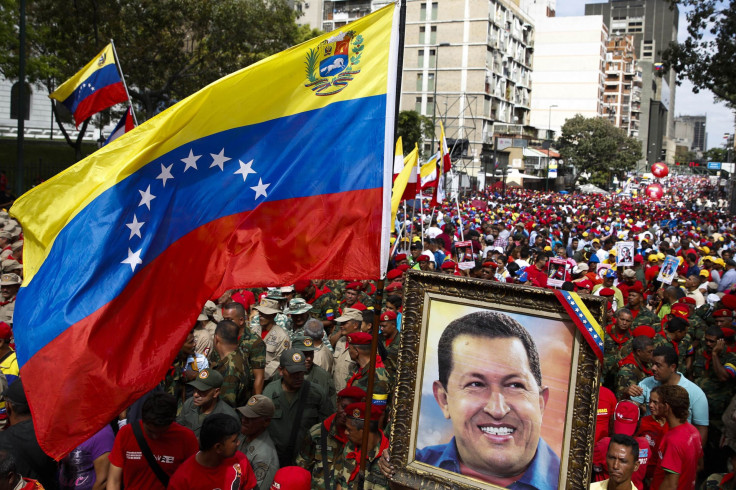Twitter Traces Human Behavior, May Be Used To Fix Political Polarization

Twitter may be a way to reduce political polarization, according to a new study from the Technical University of Madrid.
Polarization is the social phenomenon that occurs when individuals buy into extreme and conflicting positions. A politically polarized society runs the risk of radicalism or civil wars, Rosa Maria Benito, lead study author and a professor at Madrid, said in a press release. She and her team were interested to see how increased political polarization could be detected on a social network like Twitter.
An opportune case study was the time surrounding President Hugo Chavez’s death in 2013. Benito and her team built a computational model in order to estimate the effect “elites,” such as politicians and journalists, had on “listeners.” Elite users were described as users with fixed opinions and act like seeds of influence, whereas a listener’s opinion stems from their social interactions.
With their model, researchers calculated the positive and negative opinions collected from the 16 million messages they downloaded from more than three million Twitter users. And the results showed polarized conversation was at its lowest due to foreign users joining the Twitter conversation during the time between Chavez’s death and funeral, while geo-located tweets on a map of Venezuela’s capital Caracas showed a strong correlation between polarization levels and the voting records and political affiliations of local government.
“Modern democracies have to represent the conflicts existing in our society, while at the same time maintain the social stability,” researchers wrote. “However, as polarization emerges, the few most powerful parties tend to capitalize the whole of the public attention and support, silencing the moderate opinions and underrepresenting minorities. Consequently, today's society is concerned about polarization, as a politically polarized society implies several risks.”
How exactly would a mere 140 characters or less work to fix such a big problem? It may not seem so, but tweets are “digital traces of human collective behavior,” allowing others to analyze, detect, and measure in real time something like polarization. Benito and her team’s model particularly worked to detect the different degrees of polarization in the Chavez conversation, and they conclude this online data is “a good proxy to detect politically polarized societies.”
Source: Morales A.J., et al. Measuring Political Polarization: Twitter shows the two sides of Venezuela. CHAOS. 2015.



























